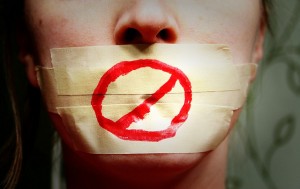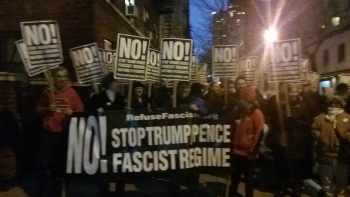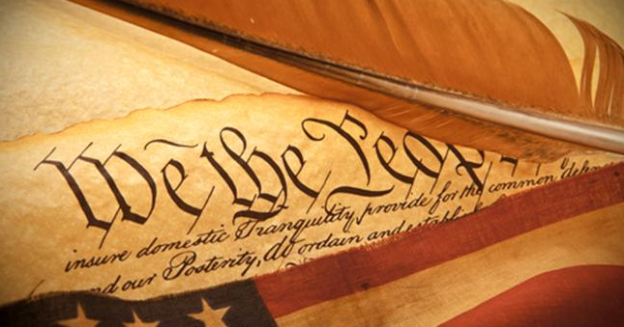Just How Free Is Free Speech?
The First Amendment has been in the news a lot lately. Most recently, actor Robert De Niro caused a stir at the Tony Awards by making a political statement against President Donald Trump using language that most find inappropriate.
Political statements at award shows are actually common, but Mr. De Niro’s choice of language was a bit over the edge.
In 2016, Brandon Aaron Dixon, who played Aaron Burr in the hit Broadway musical “Hamilton,” received some criticism for addressing some remarks to Vice President Mike Pence, in the audience for the performance. Violence broke out in Charlottesville, Virginia last year when participants in a “Unite the Right” rally were met by protesters, resulting in injuries on both sides.
This year, the NFL is taking a hard line against players who protest racial bias in law enforcement by kneeling during the playing if the national anthem before games. What do all of these stories have in common? In each story, freedom of speech was at the forefront.
We are fortunate as Americans to enjoy the freedom to speak up without fear of reprisals from our government. Freedom, of speech, however, is not absolute. Many people think that the First Amendment gives us the right to say what we want, when we want. Others seem to believe that freedom of speech is reserved only for those whose speech is in keeping with the currently accepted standards and opinions. Neither of these is true.
Beginning with the Charlottesville story – “Unite the Right” demonstrators organized a march in Charlottesville to protest the dismantling of Confederate statues. The demonstrators included a contingent of white supremacist and neo-Nazi groups. Despite what many social media posters had to say, white supremacists and neo-Nazis have the same First Amendment rights as the rest of us, unless they deliberately incite their listeners to violence.
“Hate speech” by itself does not incite to violence; the speech must exhort listeners to specific actions, like “Let’s kill ______.” Their speech is distasteful to most people, but protected nevertheless.
Robert De Niro was applauded by many for his remarks at the Tony awards. Others watching on television, and maybe even a few at the event, were disgusted by his choice of language. Did he have a right to say what he did? Many viewers believe that award shows are not the right venue for political rants, but the organizations hosting the events have a right to make that call. The FCC still prohibits the use of some offensive words on television, but it is common practice today for even live events to be presented with a time delay in case something slips by. By the same token, Broadway shows are privately funded events on private property. The actors, as employees of the producers, may use their stage time for political discourse as long as their employers allow it. Should they? In this case, the answer probably depends on which side of the political fence you sit.
The NFL players’ protests are a different story. Despite what many Americans seem to believe, the First Amendment applies only to the actions of the government. Private parties, like employers, may curtail freedom of speech, or assembly, or any other freedom.
NFL players work for the teams for which they play, and when they are “on the clock,” players are required to follow the rules their employers decide to impose. Players may be prohibited from kneeling during the national anthem, kneeling in prayer after a touchdown, wearing shirts with unapproved advertising during official interviews, and any other behavior the team owners believe will negatively affect their bottom line. A player may protest racial bias in law enforcement on his own time, but must obey company rules on company time.
The Internet is a wide-open platform to exercise one’s right to free speech. With very little government regulation, almost anything goes. From cyber-bullying to international scams, all manner of unpopular and even harmful speech can be found with little effort. Freedom of speech, however, does not mean freedom from consequences. Your scathing online review may be protected by the First Amendment, but the First Amendment will not protect you from the civil lawsuit for slander that you might face. Your employer can control what you do on company time, but cannot control what you do on your own time. Your employer may decide to fire you, however, if you take to Facebook with a rant about your boss, the company you work for, and your co-workers.
Americans are well advised to exercise their First Amendment rights responsibly, and to be prepared to face the consequences when we fail to do so.
Author: Brian Magnosi

















